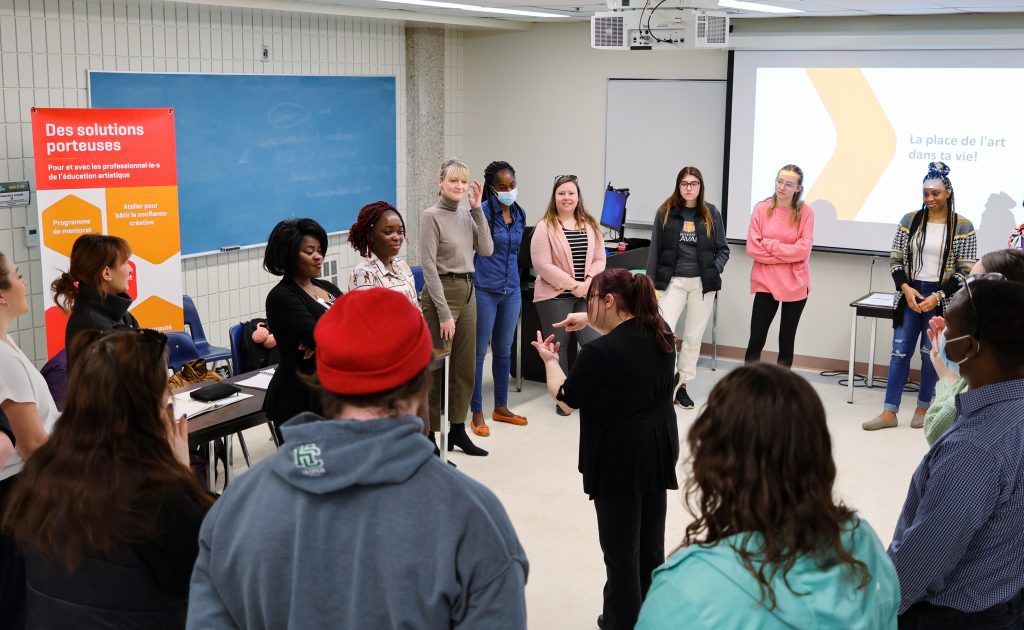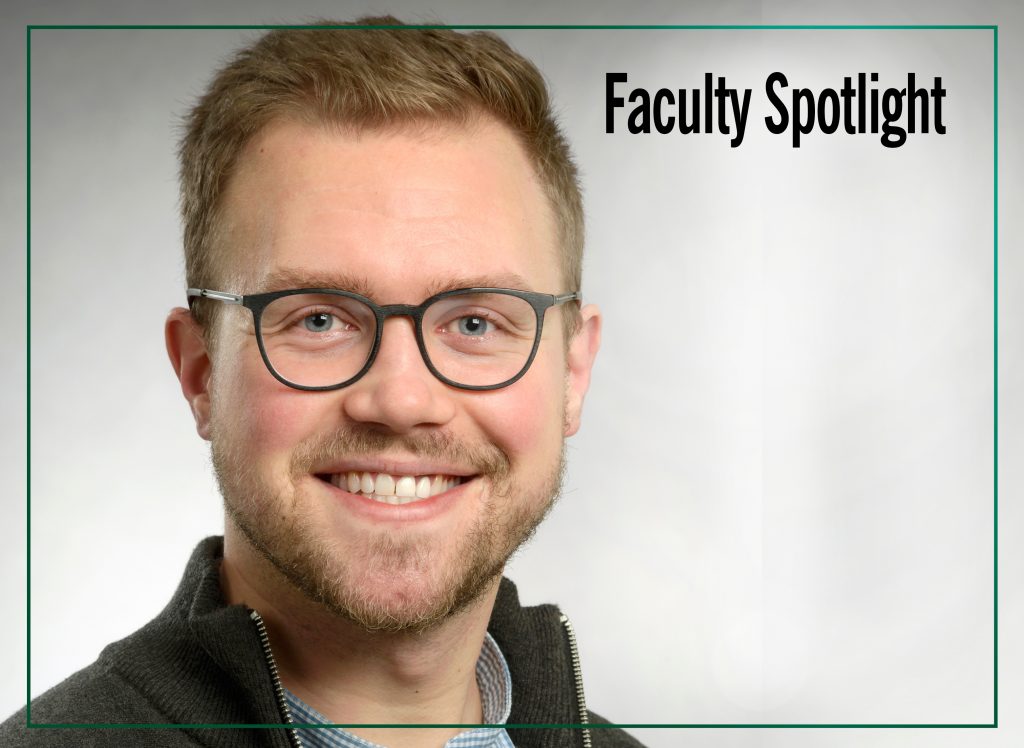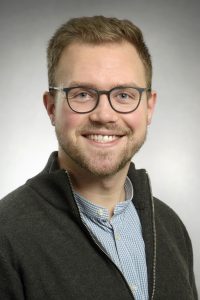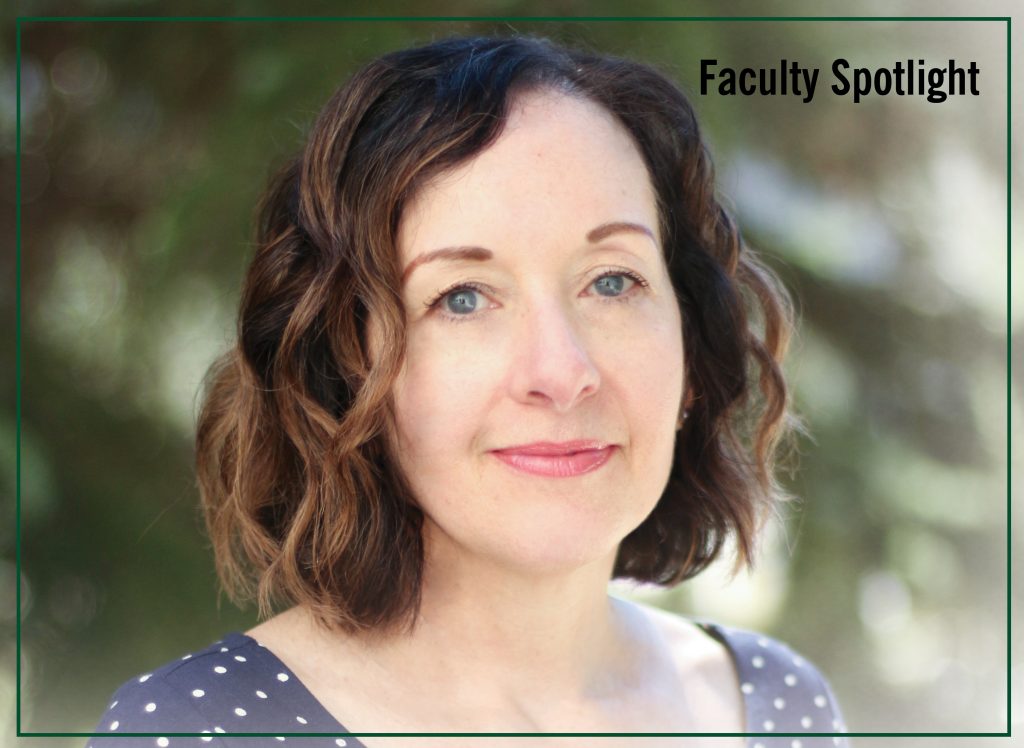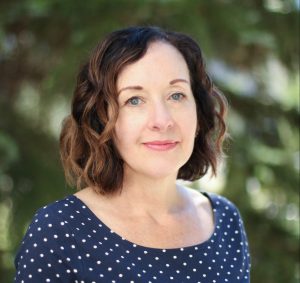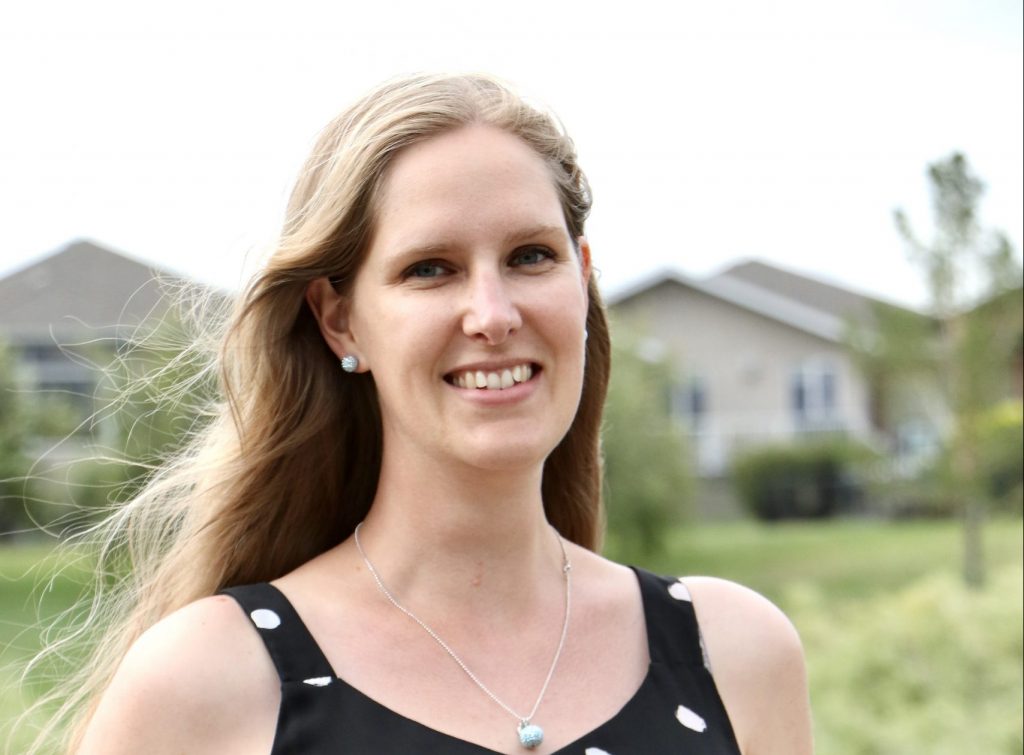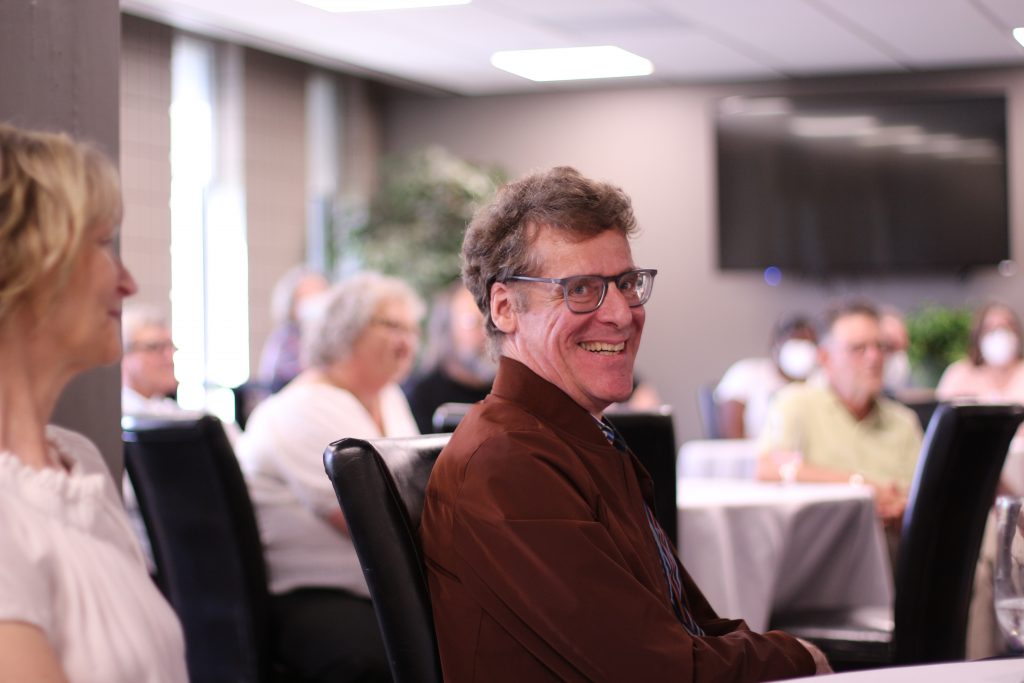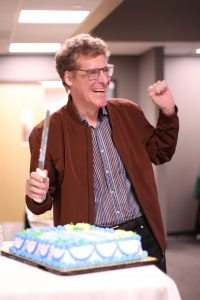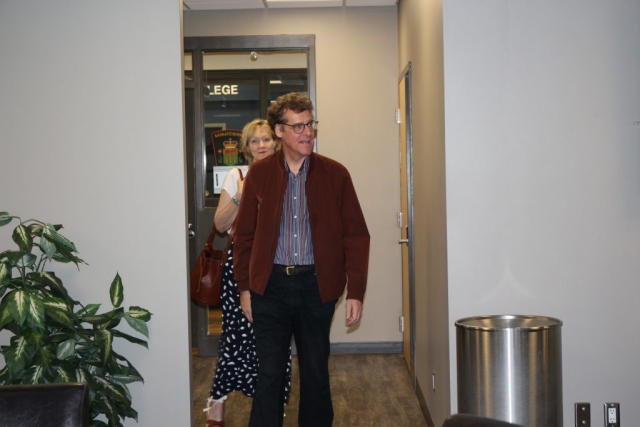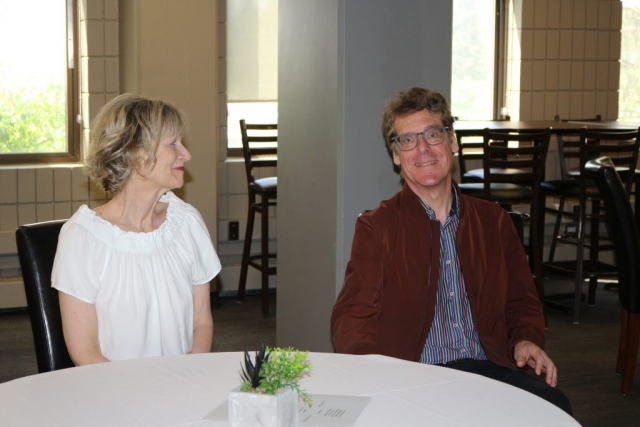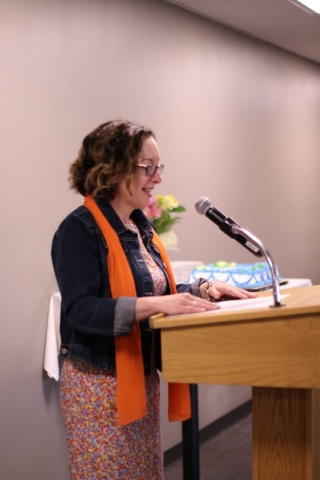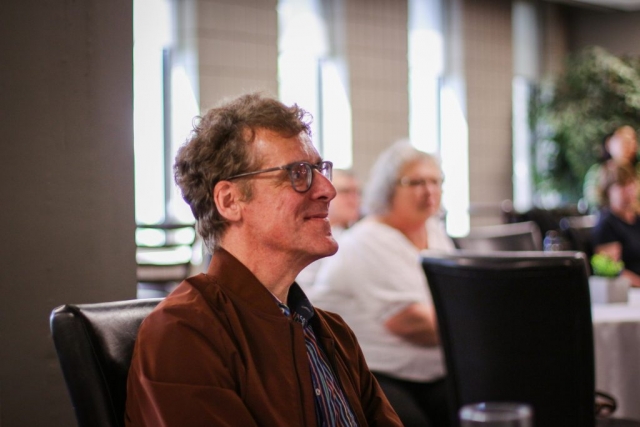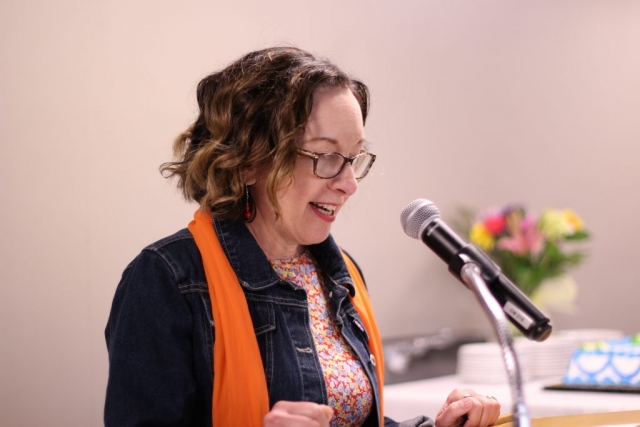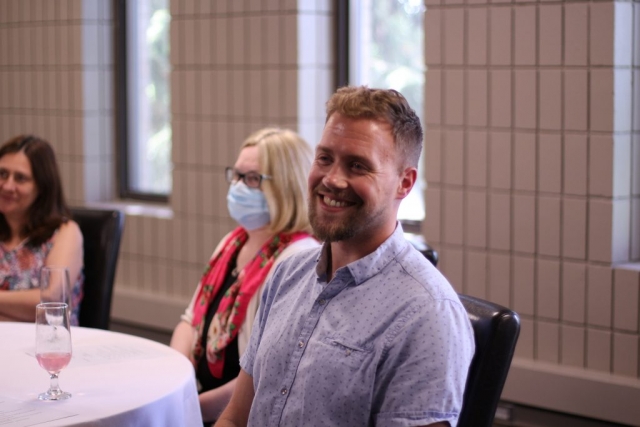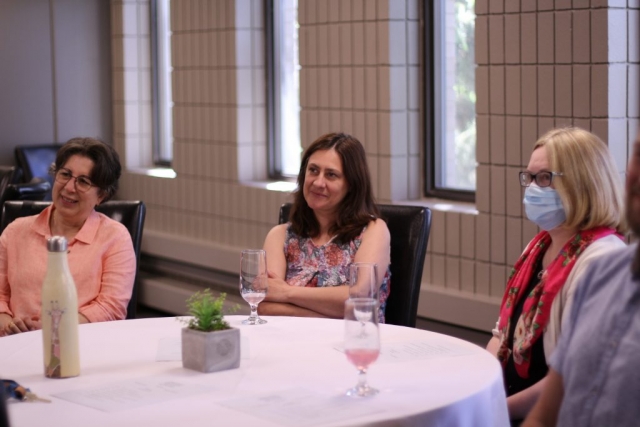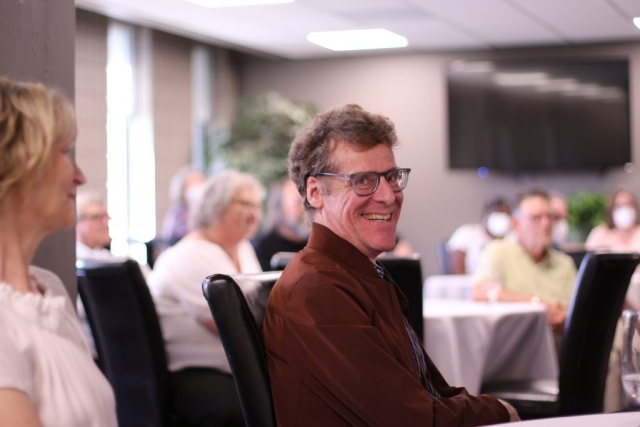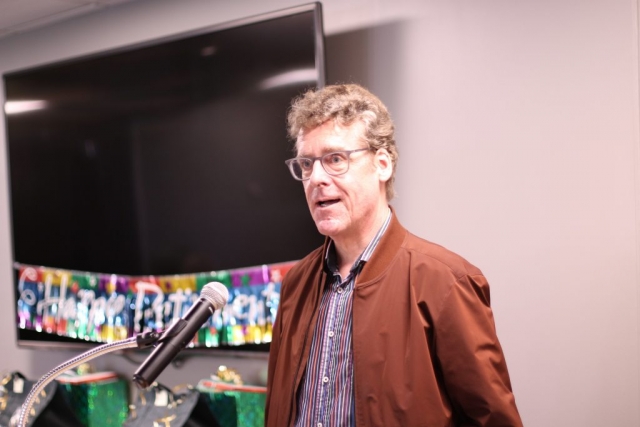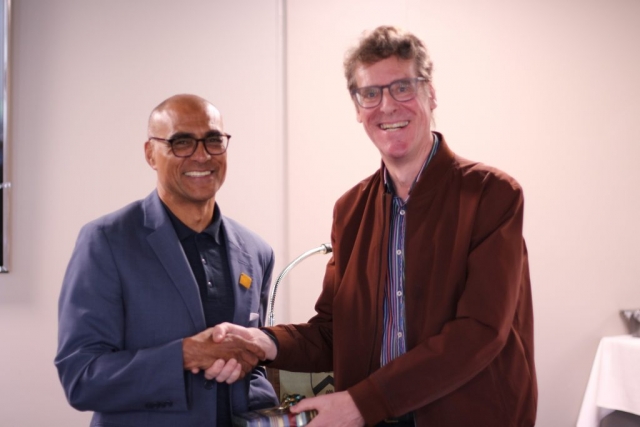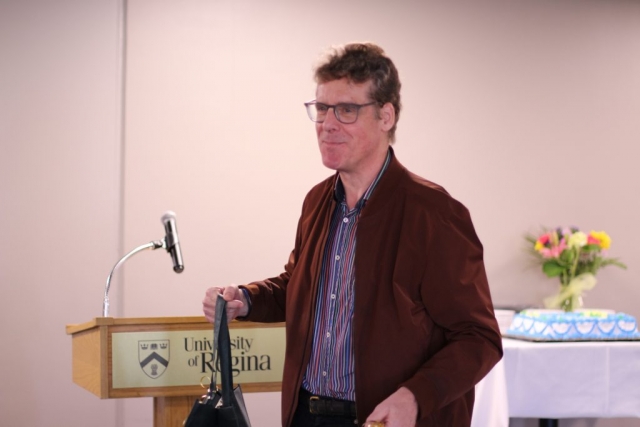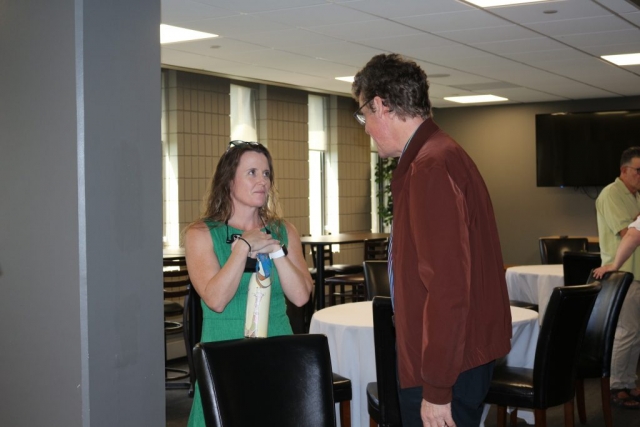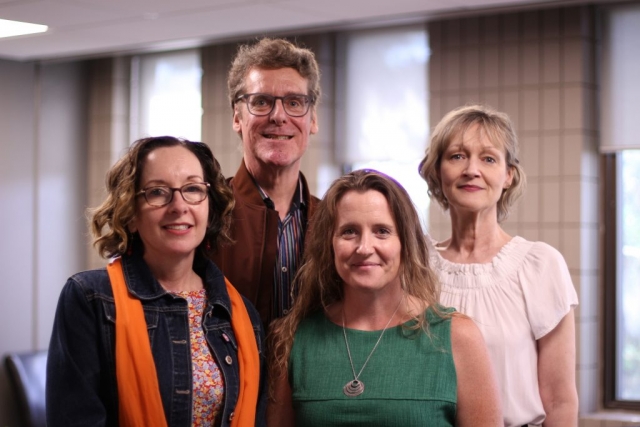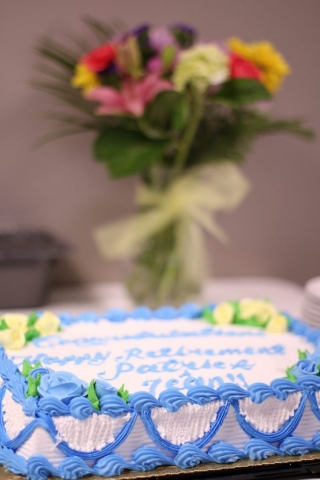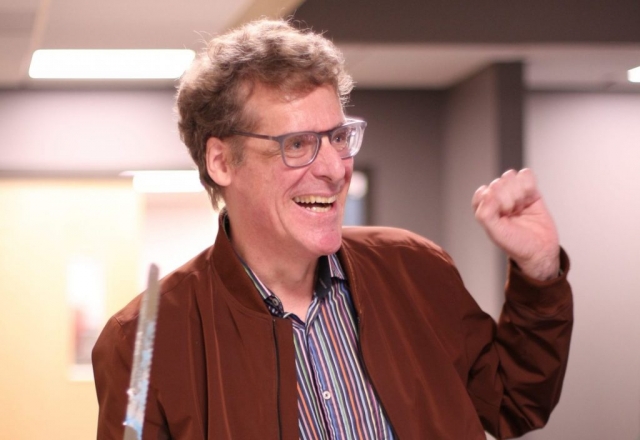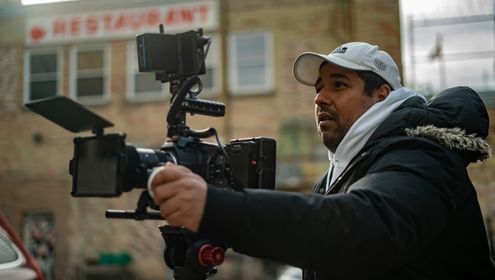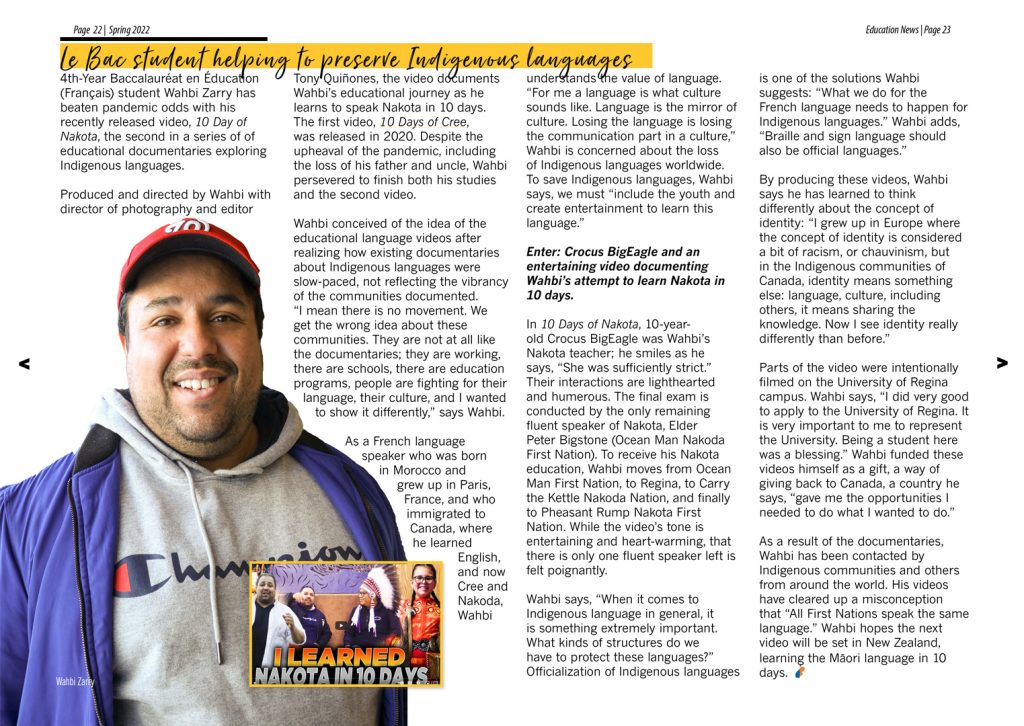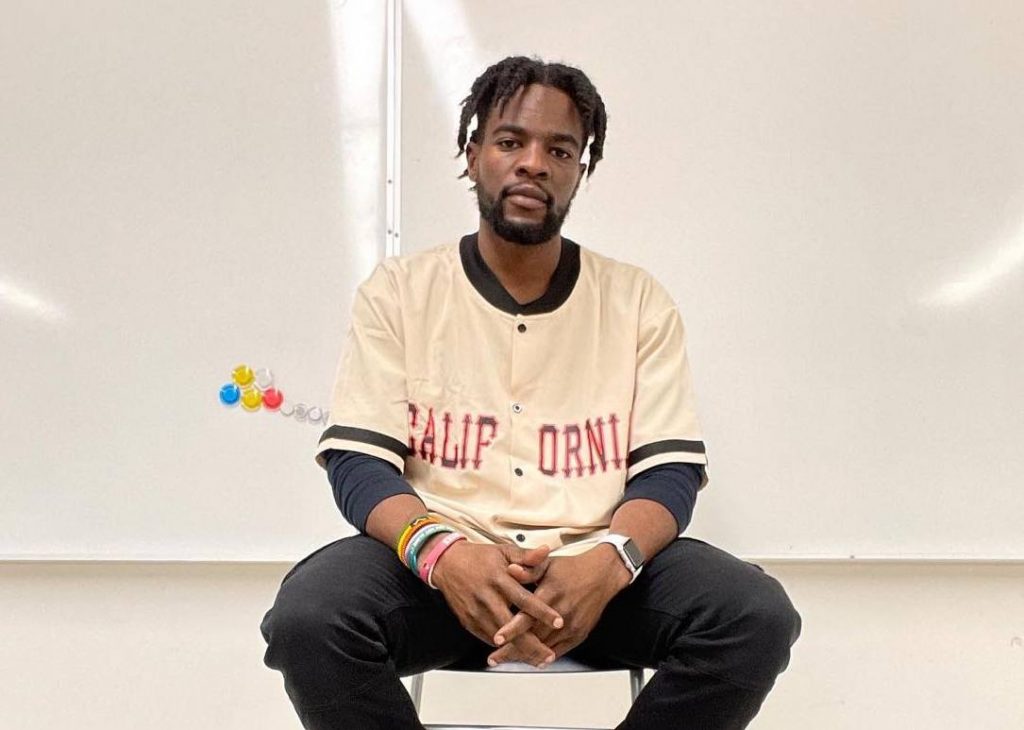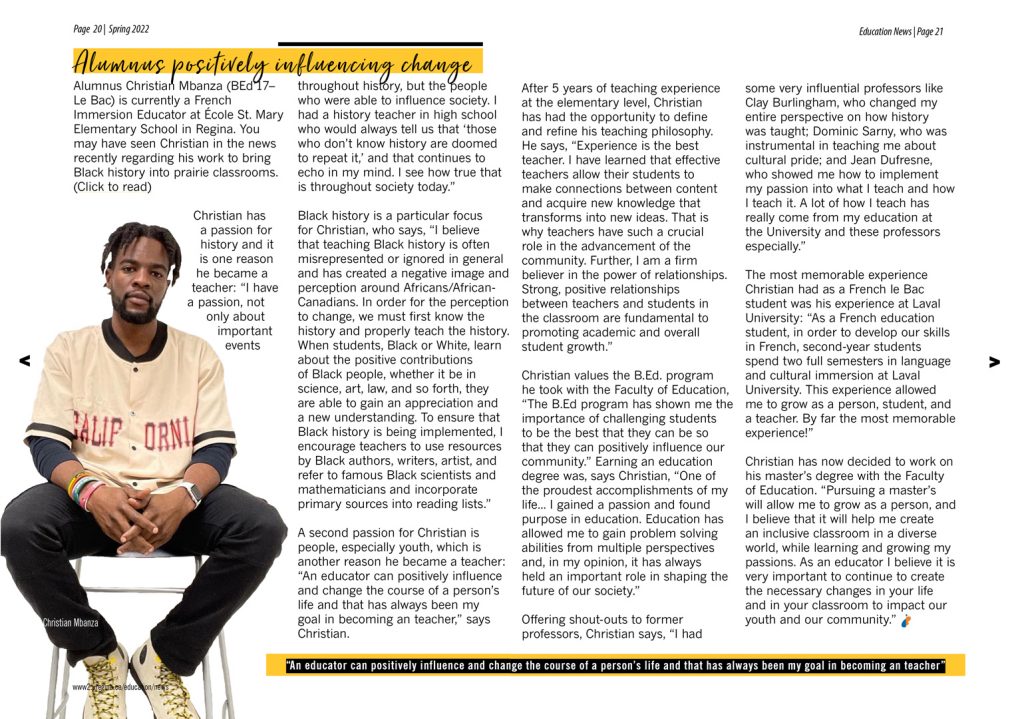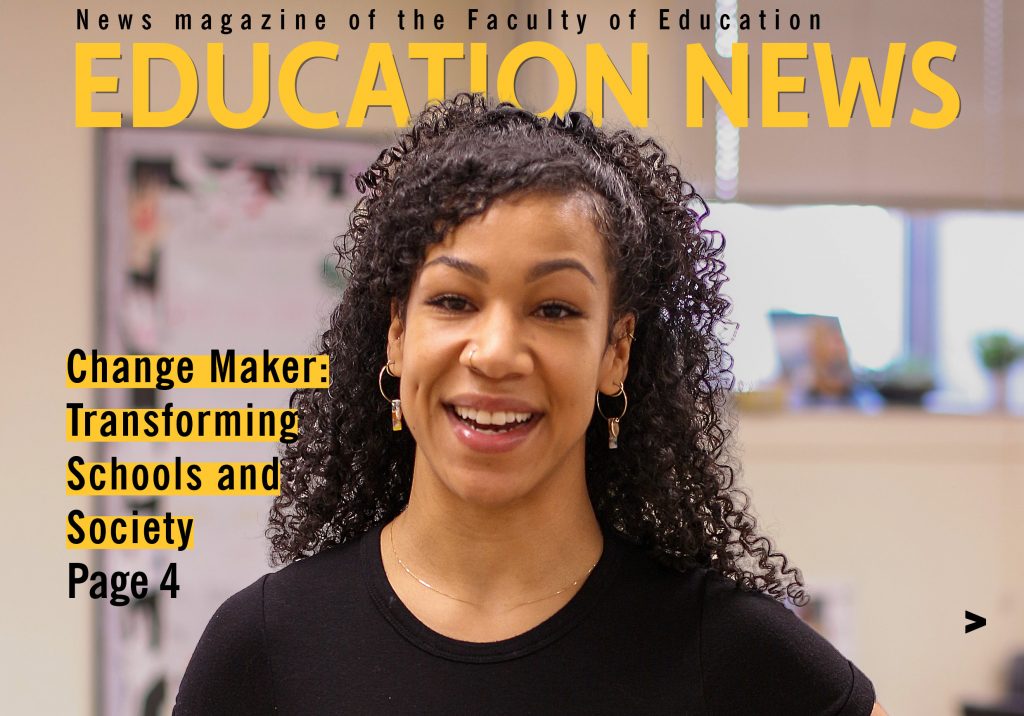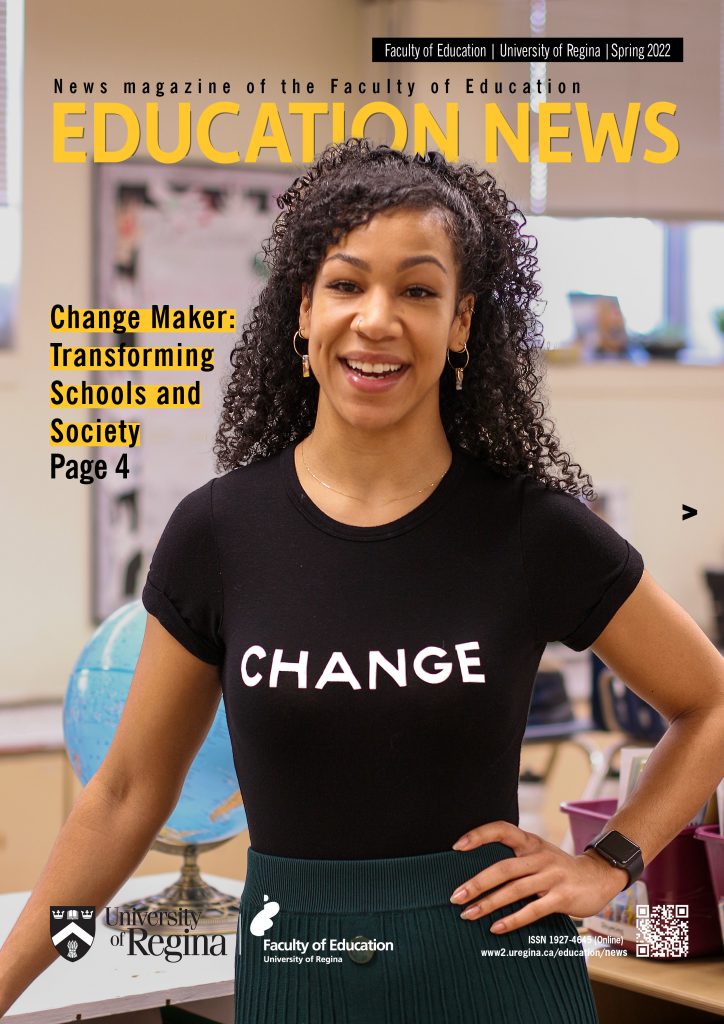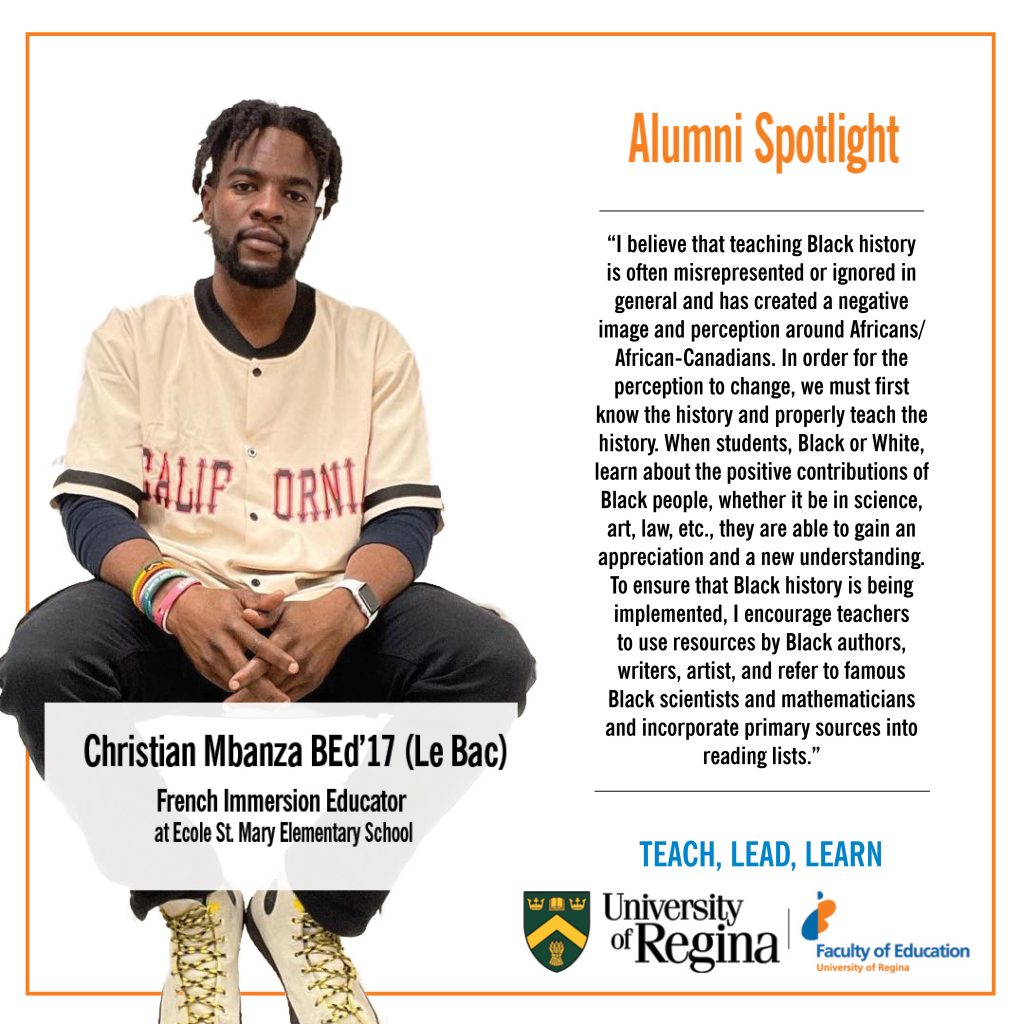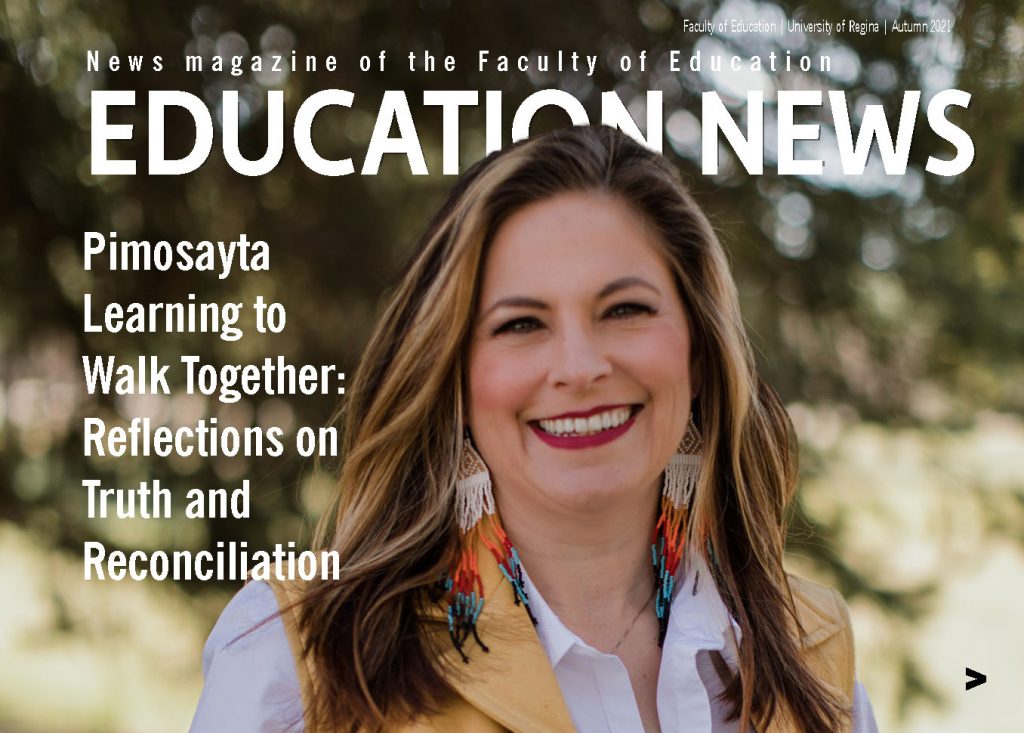Le vendredi 3 mars, les étudiants du Bac ont eu l’opportunité de participer à un atelier d’une durée de 7 heures offert par La Ruchée, un projet de recherche en éducation artistique financé par Patrimoine Canada et porté par la Fédération culturelle canadienne-française (FCCF). Le projet a été développé en réponse à la pénurie nationale d’éducateurs francophones et dans le but de promouvoir la place des arts et de la culture dans les milieux d’enseignement francophones au Canada.
L’atelier a été offert dans le cadre du projet pilote créatif Atelier Bâtir la confiance de La Ruchée, qui vise à doter les étudiants à la formation initiale en enseignement et les enseignants en début de carrière de la confiance en leur créativité et leur capacité à enseigner les arts et à intégrer les arts dans leur propre enseignement.
Cependant, les étudiants du Bac n’étaient pas les seuls apprenants de l’atelier. L’équipe de recherche a également cherché à comprendre les besoins des éducateurs artistiques francophones du point de vue des participants à l’atelier. Ce que La Ruchée apprendra servira à offrir des services aux enseignants francophones dans le cadre du développement futur d’un centre d’expertise pour l’éducation artistique francophone au Canada.
À propos de la journée, la professeure Anne Brochu Lambert déclare : « Quel privilège que La Ruchée vienne à Regina pour lancer son initiative, grâce à la vision de la directrice du Bac, Claire St-Cyr Power. Cette équipe nationale et moi-même sommes au diapason sur l’approche pédagogique en art et toute la journée a permis d’explorer et de renforcer des concepts clés. L’atelier était dynamique, mené avec expertise, les étudiants ont en retour été bien engagés dans l’expérience. Je suis convaincue qu’ils ont gagné de nouveaux outils et une bonne dose de confiance en leur future pratique d’enseignant. J’ai senti et vu que plusieurs ont vécu de vrais moments révélateurs! »
___________________________
On Friday, March 3, le Bac students had the opportunity to be part of a 7-hour workshop offered by La Ruchée, an arts education research project funded by Heritage Canada and led by the Fédération culturelle canadienne-française (FCCF). The project was developed in response to the national shortage of French-speaking educators, and in order to promote the place of arts and culture in French education settings in Canada.
The workshop was offered as part of La Ruchée’s Atelier Bâtir la confiance creative pilot project, which intends to equip French-speaking preservice and novice teachers with confidence in their creativity and their ability to teach the arts and integrate the arts into their own teaching.
French education preservice teachers were not the only learners in the le Bac workshop, however. The research team also sought to understand what is needed by the French-speaking arts educators from the workshop participants’ perspectives. What La Ruchée learns will be used to provide services for French-speaking teachers through a future development, a center of expertise for Francophone arts education in Canada.
About the day, Professor Anne Brochu Lambert says, “What a privilege to have this national initiative come to Regina, thanks to the trust and vision of le Bac’s director, Claire St-Cyr Power. This team and I are on the same wave length when it comes to approaching the arts and the day allowed for exploring and reinforcing key concepts. It was really all about building that crucial confidence. The format was dynamic and expertly led, the students were engaged and generous; in the end, all got new tools and many experienced that proverbial ‘a-ha’ moment!”
